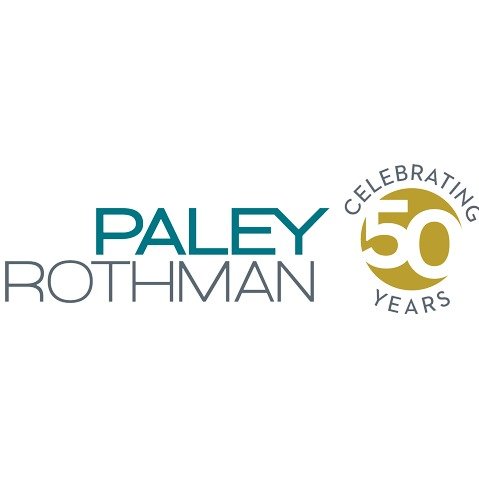Best Tax Increment Financing Lawyers in Bethesda
Share your needs with us, get contacted by law firms.
Free. Takes 2 min.
List of the best lawyers in Bethesda, United States
About Tax Increment Financing Law in Bethesda, United States
Tax Increment Financing (TIF) is a public financing method used as a subsidy for redevelopment, infrastructure, and other community-improvement projects. In Bethesda, United States, TIF allows municipalities to redirect future property tax revenue increases from a defined area or district to fund improvements within that district. TIF is a popular development tool, as it helps stimulate economic growth without directly increasing taxes.
Why You May Need a Lawyer
Working with Tax Increment Financing can be complex, and a lawyer with expertise in this area can provide invaluable guidance. You may need a lawyer in situations such as:
- Negotiating development agreements to ensure all parties' interests are protected.
- Assisting municipalities or developers in establishing a TIF district.
- Navigating local government processes and compliance with applicable regulations.
- Resolving disputes that arise from TIF arrangements.
- Ensuring proper documentation and legal procedures are followed.
Local Laws Overview
Bethesda operates under the umbrella of Montgomery County regulations for Tax Increment Financing. Key aspects of these local laws include:
- Designating a TIF district requires approval from local government authorities.
- Projects eligible for TIF must demonstrate potential for economic growth and meet community needs.
- TIF districts have specified terms, typically spanning 20 to 30 years, during which tax increments are redirected.
- Local government maintains oversight and administration of TIF district funds.
Frequently Asked Questions
What is the primary purpose of TIF?
The primary purpose of TIF is to stimulate economic development without raising taxes by leveraging future property tax revenue increases.
Who benefits from TIF?
Both the municipality and developers benefit from TIF. The community benefits from improvements and increased economic activity, while developers gain the financing needed to complete projects.
How is a TIF district created?
A TIF district is created through a local government ordinance after an evaluation process showing the potential economic benefits of the project.
What types of projects are eligible for TIF?
Projects typically involve infrastructure improvements, affordable housing developments, commercial property development, and rehabilitation of distressed properties.
How are TIF funds allocated?
TIF funds are used to pay for public infrastructure and improvements related to the development project but not directly to the private entities.
Will TIF affect my property taxes?
No, TIF does not directly change your current property tax rate. It reallocates future tax revenue increments.
Can TIF districts be modified once established?
Yes, changes to a TIF district can occur, but they require formal approval from the local government and reevaluation of the project’s benefits.
Do TIF projects require an environmental assessment?
Projects may require environmental assessments depending on local regulations and the nature of the development.
What happens when the TIF district term ends?
Once a TIF district's term ends, the increment revenue typically returns to traditional public funding allocations.
Is public input considered in TIF projects?
Yes, public hearings are often part of the process to ensure community feedback on TIF projects.
Additional Resources
For more information, consider consulting the following resources:
- Montgomery County Economic Development Corporation
- Bethesda Urban Partnership
- Maryland Department of Planning
- National Association of Counties (NACo)
Next Steps
If you need legal assistance with Tax Increment Financing, consider taking the following steps:
- Contact a local lawyer specializing in municipal finance or community development.
- Consult with local development agencies or economic development organizations.
- Attend public meetings and information sessions about TIF projects in your area to understand the local context.
- Gather pertinent documents and information about your project or interests related to TIF.
Lawzana helps you find the best lawyers and law firms in Bethesda through a curated and pre-screened list of qualified legal professionals. Our platform offers rankings and detailed profiles of attorneys and law firms, allowing you to compare based on practice areas, including Tax Increment Financing, experience, and client feedback.
Each profile includes a description of the firm's areas of practice, client reviews, team members and partners, year of establishment, spoken languages, office locations, contact information, social media presence, and any published articles or resources. Most firms on our platform speak English and are experienced in both local and international legal matters.
Get a quote from top-rated law firms in Bethesda, United States — quickly, securely, and without unnecessary hassle.
Disclaimer:
The information provided on this page is for general informational purposes only and does not constitute legal advice. While we strive to ensure the accuracy and relevance of the content, legal information may change over time, and interpretations of the law can vary. You should always consult with a qualified legal professional for advice specific to your situation.
We disclaim all liability for actions taken or not taken based on the content of this page. If you believe any information is incorrect or outdated, please contact us, and we will review and update it where appropriate.








